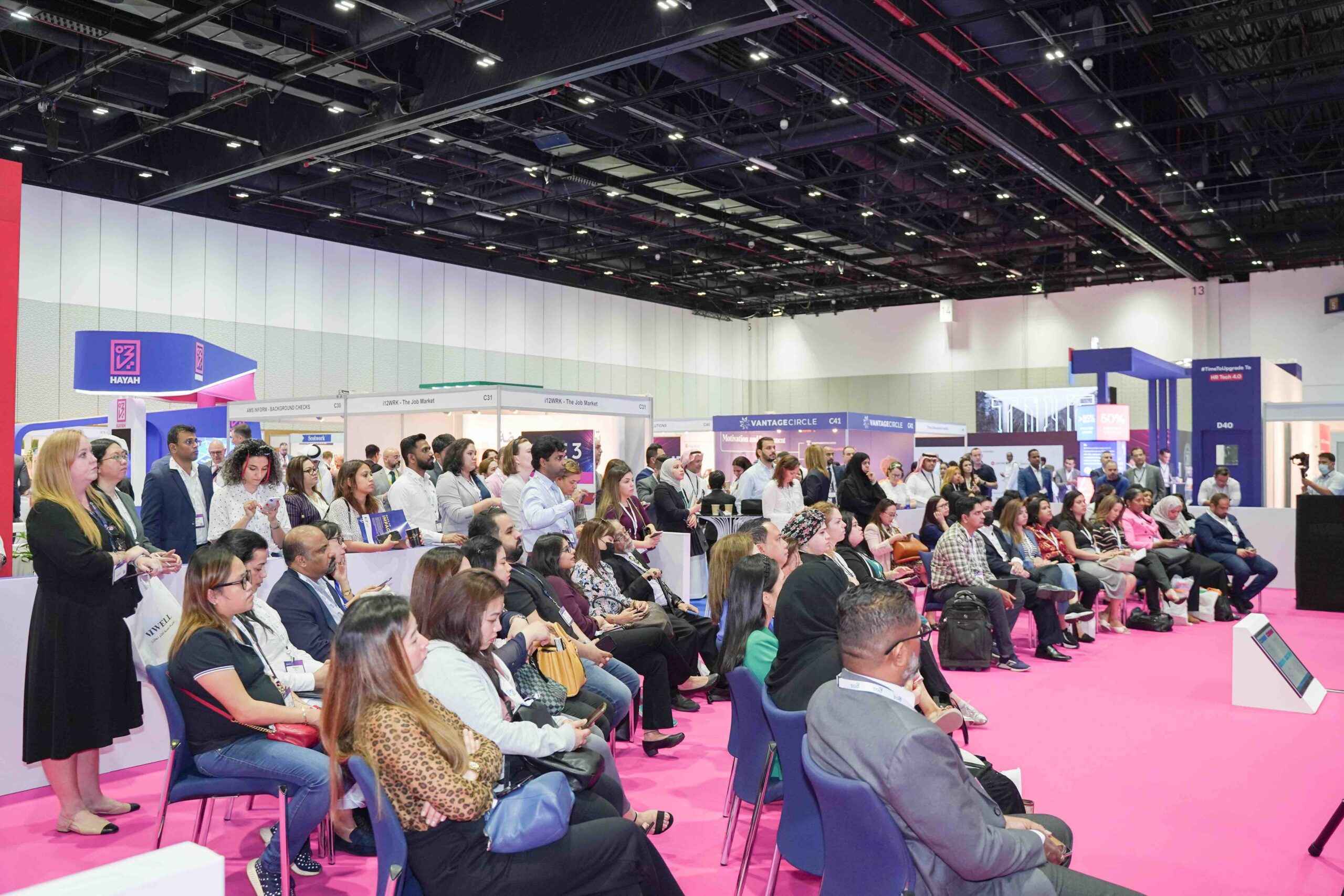 October 12, 2023
October 12, 2023
Informa Connect flagship HR event to take place in October bringing David ULrich, Lynda Gr